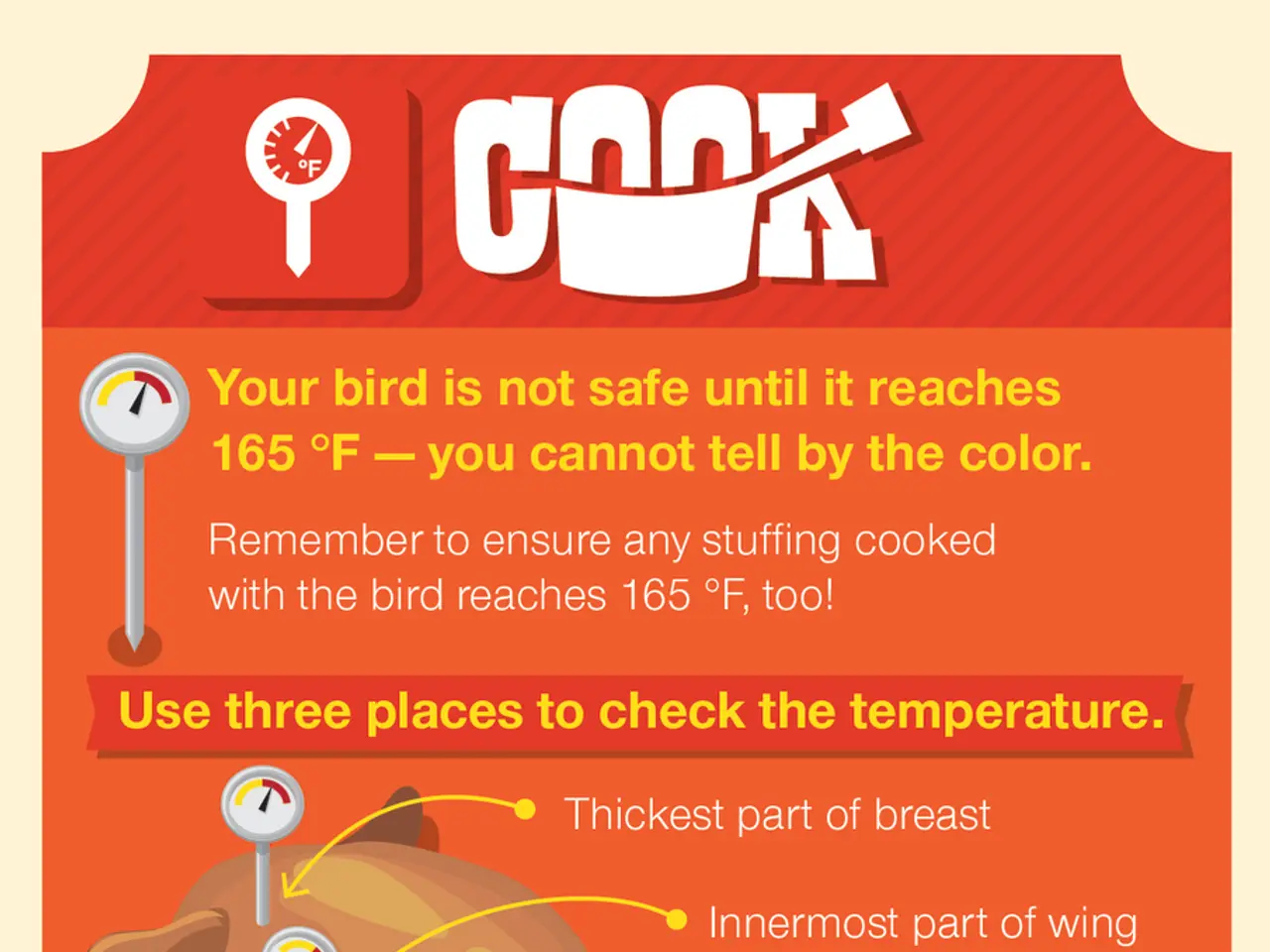Goose Roast Remains Expensive - Concern About Bird Flu - Thuringia's Goose Farmers Fear Avian Flu Spread as Slaughter Season Begins
As the traditional goose slaughtering season begins in Thuringia, farmers are worried about the potential spread of highly pathogenic bird flu. This comes after recent outbreaks in wild birds and poultry farms across the region.
Thuringia's goose farmers are on high alert as the season for festive roasts approaches. Gönnataler Putenspezialitäten, one of the largest goose-breeding operations, plans to process around 10,000 birds for Christmas. However, concerns are mounting due to the contagious nature of avian flu, which can be fatal for many bird species.
The disease has already been detected in dead cranes and a cormorant in several districts, as well as in four poultry farms with around 1,500 birds affected. Despite these worries, geese are selling at last year's prices, with only 15 to 20 percent of those sold in Germany being domestically produced. Both Thuringia and Saxony-Anhalt have imposed mandatory indoor housing for poultry due to confirmed cases among cranes at the Kelbra Reservoir.
The upcoming slaughtering season could bring severe economic damage and threaten livelihoods if bird flu spreads further. Local regulatory authorities and official veterinary offices are responsible for supervising the poultry industry in Thuringia to prevent such an outcome.








